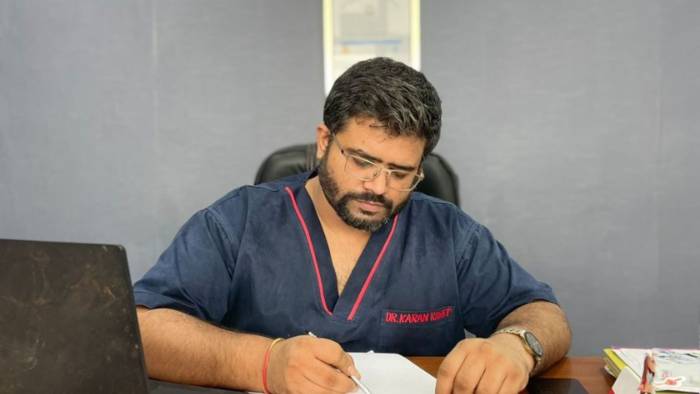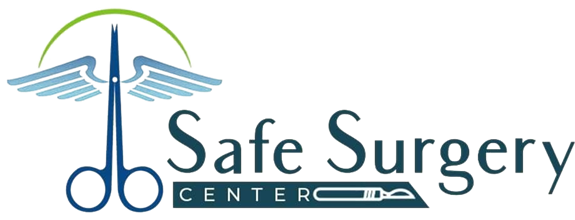
The Importance of Ultrasound in Identifying and Managing Hernias
Hernias occur when an organ or tissue pushes through a weak spot in the surrounding muscle or connective tissue, often causing discomfort and complications. While physical examination is the first step in diagnosing a hernia, ultrasound has emerged as a crucial imaging tool for accurate diagnosis and effective treatment planning. Visit hernia specialist in Agra for expert guidance and personalized treatment options.
How Ultrasound Aids in Hernia Diagnosis
Ultrasound is a non-invasive, radiation-free, and cost-effective imaging technique that allows healthcare professionals to visualize soft tissues in real time. Unlike CT scans or MRIs, it can be performed dynamically, meaning doctors can examine the hernia while the patient is in different positions or performing activities that trigger symptoms. Consult the best hernia specialist in Agra for diagnosis and treatment options.
- Detecting Hidden Hernias: Some hernias, such as inguinal or incisional hernias, may not be visible or palpable. Ultrasound helps in identifying these hidden defects.
- Distinguishing Hernias from Other Conditions: Conditions like lymph node swelling or muscle tears can mimic hernia symptoms. Ultrasound helps in differentiation.
- Evaluating Blood Flow: Doppler ultrasound assesses blood flow within a hernia, ensuring that strangulated hernias (which require emergency intervention) are identified.
Ultrasound in Hernia Treatment and Monitoring
Beyond diagnosis, ultrasound plays a role in guiding treatment decisions:
- Pre-Surgical Planning: Ultrasound helps surgeons determine the size, location, and contents of the hernia before recommending surgery.
- Post-Surgical Monitoring: Patients who undergo hernia repair surgery can be monitored via ultrasound to detect recurrences or complications such as fluid buildup.
- Guiding Non-Surgical Interventions: In some cases, ultrasound assists in the placement of injections for pain management.
Conclusion
Ultrasound is an indispensable tool in hernia diagnosis and management, offering real-time imaging, accuracy, and patient safety. Its ability to detect, differentiate, and monitor hernias makes it a preferred choice for both doctors and patients.
Trust Dr. Karan R. Rawat at Safe Surgery Center for expert hernia diagnosis and advanced surgical care. Book your consultation today for safe, effective, and compassionate treatment!



